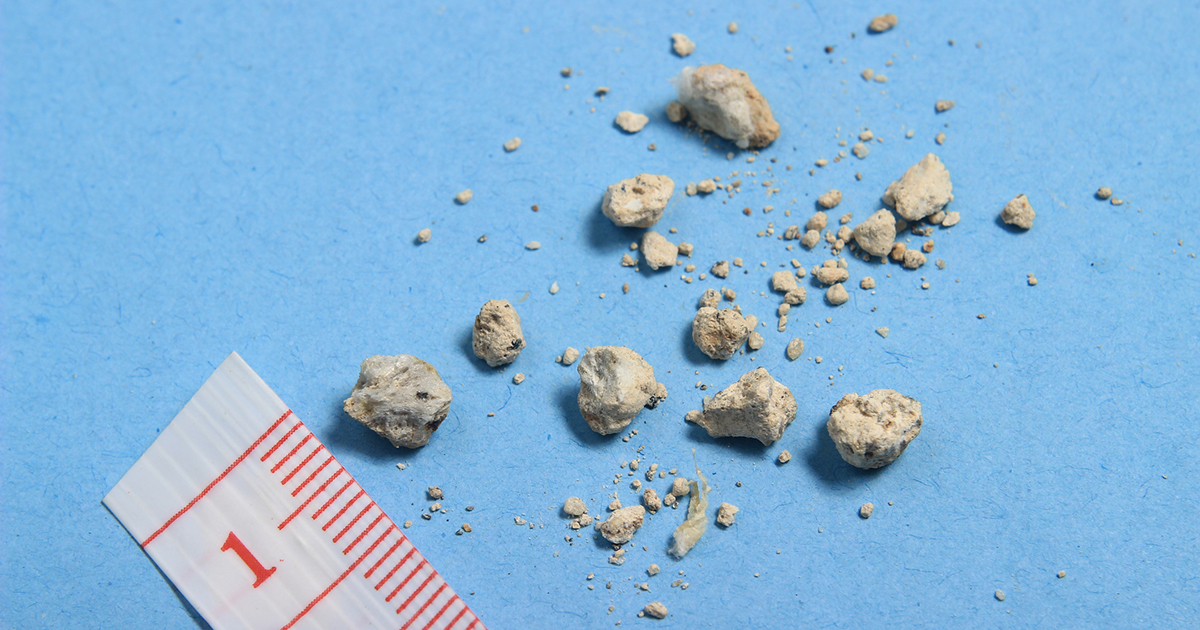Complications Of Cushing's Syndrome
Kidney Stones
Approximately fifty percent of patients who have Cushing’s syndrome experience kidney stones. Why they develop is still not fully understood. However, the theory is as the bones lose some of their density, calcium leaks from them. The calcium eventually makes its way to the kidneys, resulting in kidney stones. Calcium stones are the most common type found in the kidneys, and they can cause excruciating pain. They might also cause urinary issues, vomiting, nausea, and infection. Some of these kidney stones might pass on their own, but others require medical intervention to remove them from the kidneys and urinary tract. Treating Cushing’s syndrome does usually reduce a patient’s risk of future stone development, but the risk is never eliminated.
Continue reading to learn more about complications of Cushing's syndrome now.
High Blood Pressure

About seventy to eighty percent of patients experience high blood pressure in the form of arterial hypertension, and while it can be severe, it is typically mild to moderate. It is not uncommon for this complication to result in another issue referred to as cardiac hypertrophy. This condition is characterized by the heart muscle becoming abnormally thickened or enlarged. This typically occurs because hypertension associated with Cushing’s syndrome can put increased and prolonged stress on the heart. While medications for hypertension may be effective for some patients, lowering cortisol is typically more efficient in bringing blood pressure back to a normal level.
Reveal more information on complications of Cushing's syndrome now.
